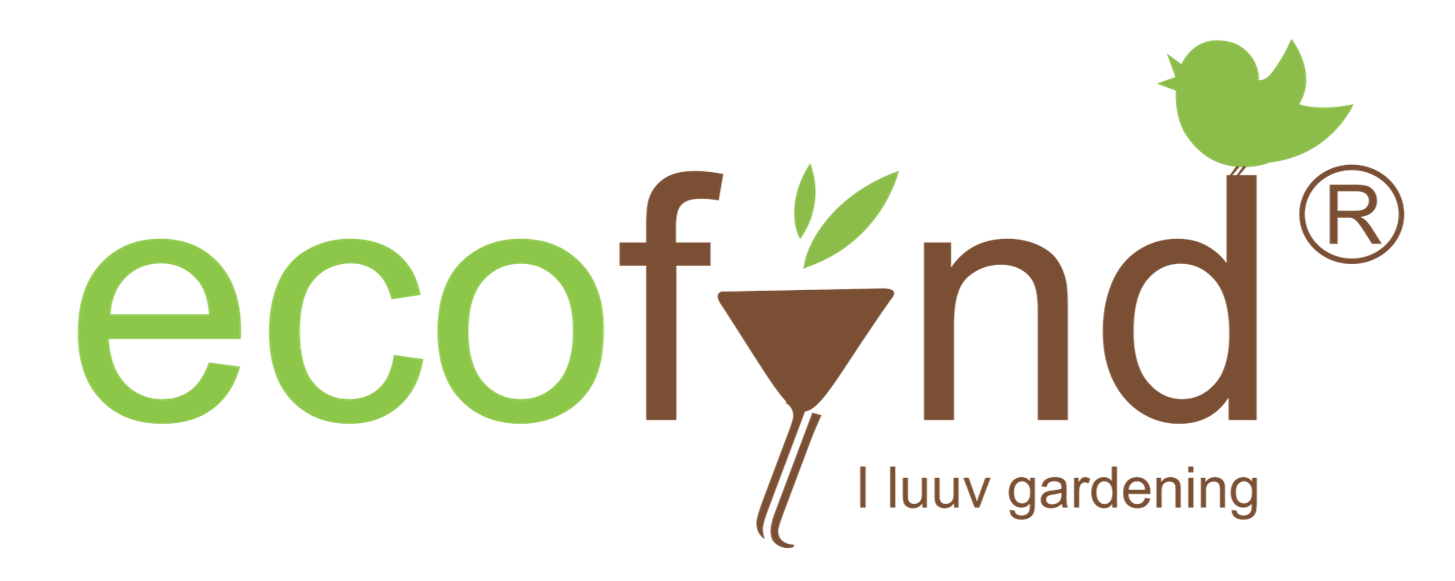As the world becomes increasingly conscious of the impact of our actions on the environment, the debate between organic and chemical fertilizers has intensified. As a homeowner with a passion for gardening, you may find yourself wondering which option is truly the best for your home garden. In this blog post, we'll explore the pros and cons of both organic and chemical fertilizers, helping you make an informed decision that aligns with your gardening goals and environmental values.
The Rise of Organic Gardening
In recent years, organic gardening has gained significant traction as more people seek to adopt sustainable and eco-friendly practices. The demand for organic produce and the desire to reduce our carbon footprint have fueled this movement, leading many gardeners to explore the benefits of organic fertilizers.
Organic fertilizers are derived from natural sources, such as animal manure, compost, or plant materials. These fertilizers not only nourish the soil but also improve its overall health by enhancing the microbial activity and nutrient cycling. This holistic approach to gardening is often seen as a more sustainable and environmentally-friendly alternative to traditional chemical-based methods.

The Allure of Chemical Fertilizers
On the other hand, chemical fertilizers have long been the go-to choice for many gardeners and farmers. These synthetic compounds are designed to provide a concentrated dose of essential nutrients, such as nitrogen, phosphorus, and potassium, that plants need to thrive. The immediate and often dramatic results of using chemical fertilizers have made them a popular choice for those seeking quick and efficient plant growth.
Chemical fertilizers are typically more affordable and easier to apply than their organic counterparts. They are also often more consistent in their nutrient composition, making it easier to precisely target the specific needs of your plants. This precision and efficiency have contributed to the widespread use of chemical fertilizers in both commercial and home gardening settings.

Weighing the Pros and Cons
As you consider the options, it's important to understand the potential benefits and drawbacks of both organic and chemical fertilizers.
Organic Fertilizers
Pros:
- Improve soil health by enhancing microbial activity and nutrient cycling
- Provide a slow, steady release of nutrients that can better match plant needs
- Reduce the risk of soil and water pollution
- Contribute to a more sustainable and environmentally-friendly gardening approach
- Can be made at home through composting
Cons:
- May take longer to see visible results compared to chemical fertilizers
- Can be more labor-intensive to apply, especially in larger gardens
- Nutrient content can vary depending on the source material
- May need to be reapplied more frequently to maintain optimal soil fertility

Chemical Fertilizers
Pros:
- Provide a quick and concentrated dose of essential nutrients
- Offer more precise control over the nutrient composition
- Can be more cost-effective, especially for larger gardens
- Easier to apply and distribute evenly
Cons:
- Can lead to soil degradation and depletion over time
- Increase the risk of water pollution and eutrophication
- May harm beneficial soil microorganisms
- Can contribute to the accumulation of harmful chemicals in the environment
Finding the Right Balance

When it comes to choosing between organic and chemical fertilizers, there is no one-size-fits-all solution. The best approach often involves finding a balance that meets the specific needs of your home garden and aligns with your personal values and gardening goals.
For gardeners who prioritize sustainability and environmental stewardship, organic fertilizers may be the preferred choice. These natural amendments can help build a healthy, thriving soil ecosystem that supports plant growth while minimizing the impact on the surrounding environment.
On the other hand, gardeners who are focused on achieving rapid and consistent plant growth may find that a combination of organic and chemical fertilizers can be the most effective approach. By using organic fertilizers as a foundation and supplementing with targeted applications of chemical fertilizers, you can enjoy the benefits of both approaches.
Ultimately, the decision between organic and chemical fertilizers should be based on a careful consideration of your gardening objectives, the specific needs of your plants, and your commitment to sustainable practices. By staying informed and experimenting with different approaches, you can find the right balance that allows your home garden to thrive while minimizing its environmental impact.
Conclusion

As you embark on your gardening journey, remember that the choice between organic and chemical fertilizers is not a simple one. Both options have their merits and drawbacks, and the best approach often involves finding a balance that meets your unique needs and values.
By understanding the pros and cons of each fertilizer type, you can make an informed decision that aligns with your gardening goals and environmental priorities. Whether you choose to go organic, rely on chemical fertilizers, or find a middle ground, the key is to remain open-minded, adaptable, and committed to sustainable practices that will ensure the long-term health and vitality of your home garden.
Happy gardening!






Comments (3)
jekgso
es2sqh
fruhd9